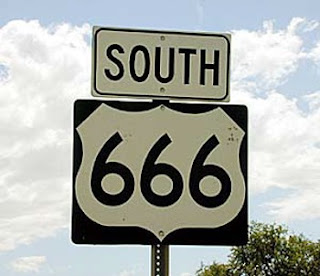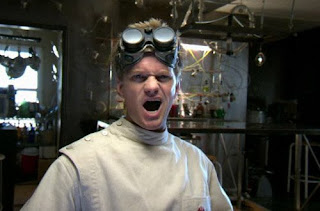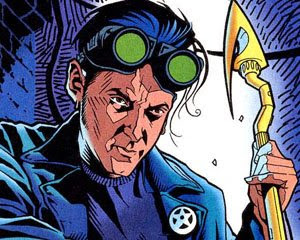From: PR Office, ITV Productions
Subject: I’m A Celebrity… 2008
Dear All,
By now, you should have received yesterday’s press release confirming the details of this year’s line-up for I’m A Celebrity… Get Me Out Of Here!, and we’re sure you’re just as excited about the new series as we are! (If, for some reason, you didn’t get the press release, you can download it, and the rest of the press pack, by clicking here).
All the information you need to run coverage of this year’s show is in there, so you should be able to get a good two or three pages’ worth out of each episode. And whilst we try to answer all questions you might ask about the show as soon as possible, we realise that, what with there being three blonde women in the show this year, it does mean that some of you are quite rightly asking “Which woman are we supposed to write about when she takes a shower on day two this year?”
As we can’t predict which of our three lovely ladies will provide you with some bikini-based cheesecake, we hope the following template will cover all possible eventualities (delete as appropriate to create the paragraph to accompany the picture, which should be at least two-thirds of a page, as in previous years):
Headline:
IT’S CARLY ZUCK-AHHH / DANI BARE / NICOLA Mc-CLEAN !
Text:
Saucy Carly Zucker / Dani Behr / Nicola McLean sent temperatures sky-high yesterday in I’m A Celebrity as she stripped down to a skimpy bikini to take a shower!
The sexy WAG / TV Presenter / WAG took the cold shower to cool off, but instead steamed up the camera lenses with her antics! A show insider said “She’s a sexy girl, and when she just stripped off and started showering, the boys in the camp – and the crew – could hardly believe their eyes!”
Carly / Dani / Nicola ‘s partner is a footballer / restaurant owner / footballer, so she probably can’t wait to get home to their mansion / eat some proper food / their mansion, but in the meantime it looks as if she’s getting used to life in the jungle. Experts say she’s tipped to be in the top four, but we’d say she’s in the top Phwoar!
Hope this helps!
Best
ITV Productions
PS – If you want to take a more alternative angle, you can find one of the contestants pictured after a rather different kind of shower here






